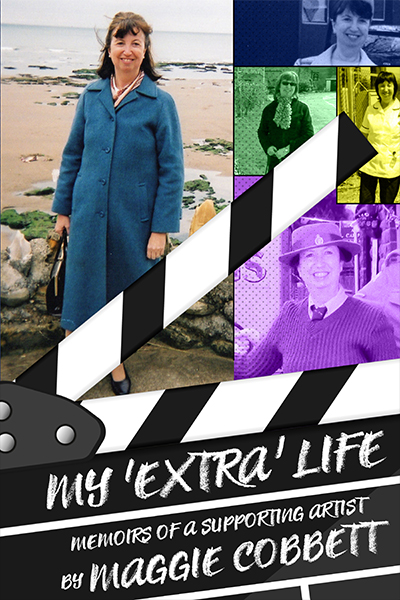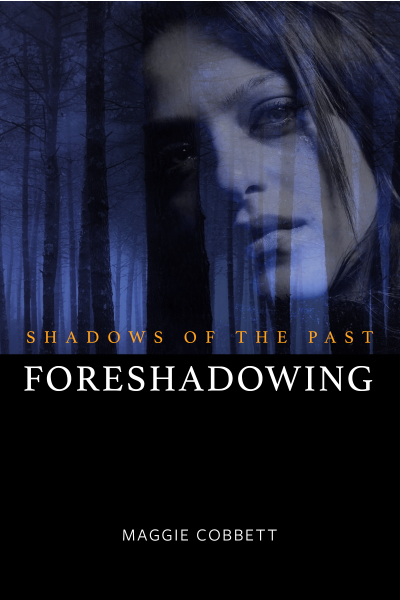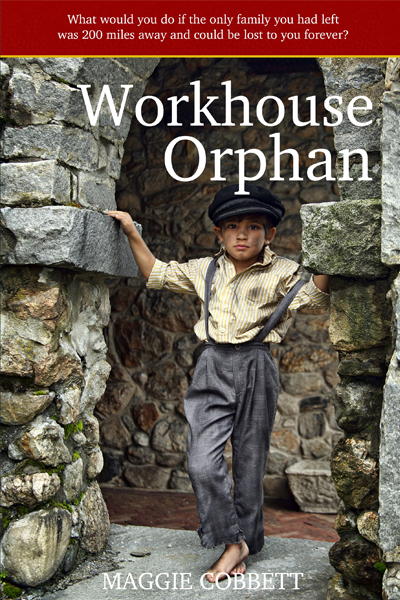Hello, and thank you for visiting my site. I hope that you'll return often and always find something of interest about my world and what inspires me to pick up a pen. (This is a figure of speech, unfortunately. My handwriting is terrible!) Here's what I've been up to recently...
An unexpected competition success!
Attendance at the Writers’ Summer School in Swanwick is always a highlight of my year and I’m very proud to be among this year’s prize winners. You can see the full list by following my link to the Swanwick website.
The theme for 2014 was ‘Unsung Hero’, very apt for the year in which we commemorate both the 100th anniversary of the start of WW1 and the 70th anniversary of D-Day. I’ve no idea how many entrants used these events or military themes in general for their poems, but my Noblesse Oblige was inspired by the many stained glass windows commissioned by grieving families for churches and cathedrals nationwide. Grief cannot be measured by wealth or social class, but the ability to record it is quite another matter.
Given that most poetry prizes nowadays seem to be awarded for blank or free verse, I wasn’t optimistic that my entry would appeal to the judges. (I struck lucky in 2006 when I won the Swanwick poetry prize for To My Writing Partner only, I believe, because the brief was to write a sonnet and the strict parameters imposed by that form appealed to me.) No matter how hard I try to resist, every poem I write – and there aren’t many of them – ends up with a regular rhyming scheme and metre.
Whether you see what follows as a parody, cautionary tale or an attempt to make a political statement, I’d appreciate your comments.
Noblesse Oblige
Commemorated in stained glass,
Claude Eustace Ralph de Quincey Brown,
Shining example of his class,
Will be remembered by the town.
Yet what of Joe, the orphan boy,
Sent off by Lord and Lady Brown
As batman to their pride and joy
When their whole world turned upside down?
They knew their own beloved Claude,
Would much prefer to sketch and write.
Young Joe could shoulder every load
And workhouse boys knew how to fight.
No warrior he, their gentle son,
Yet fear of shame kept him at war
Until his trench was overrun
And he lay dying on the floor.
Joe, wounded too, still tended him.
‘Rely on me, Sir, you’ll be fine.’
He waited till the stars grew dim
And shouldered Claude back to the line.
Though in great pain and losing blood,
Joe focussed on his one intent;
To save his master from the mud
Before all energy was spent.
The surgeons did the best they could,
But soon faint hope turned to despair.
Not every hurt could be withstood
And so it was with the young heir.
Without a word he passed away,
His loyal batman by his side.
Joe had no further part to play
And, duty done, collapsed and died.
Prostrate with grief, the Browns had Claude
Borne home by private ambulance;
Remains to be revered, adored.
Brave Joe they left unmourned in France.
Commemorated in stained glass
Claude Eustace Ralph de Quincey Brown,
Shining example of his class,
Will be remembered by the town.
11 June, 2014 - There are 4 comments on this story




What a lovely poem. You gave me goose bumps, Maggie. Poor Joe!
Gayda Jackson - June 11th, 2014
A kind of mixture of Alan Bennett and Woodbine Willie, but in your own inimitable voice. I’m wondering if your poem is a comment on the British Values we are all debating at the moment.
Veronica Bright - June 15th, 2014
Excellent poem, makes you think and realise how the landed gentry are. Reminds me of many of the WW1 poets, especially Wilfrid Owen.
Iona James - July 24th, 2014
Thank you for your kind comments. There must have been so many unsung heroes in both world wars and the many conflicts that have followed. Unfortunately,the dream of peace all over our little planet seems as far away as ever.
Maggie Cobbett - July 24th, 2014